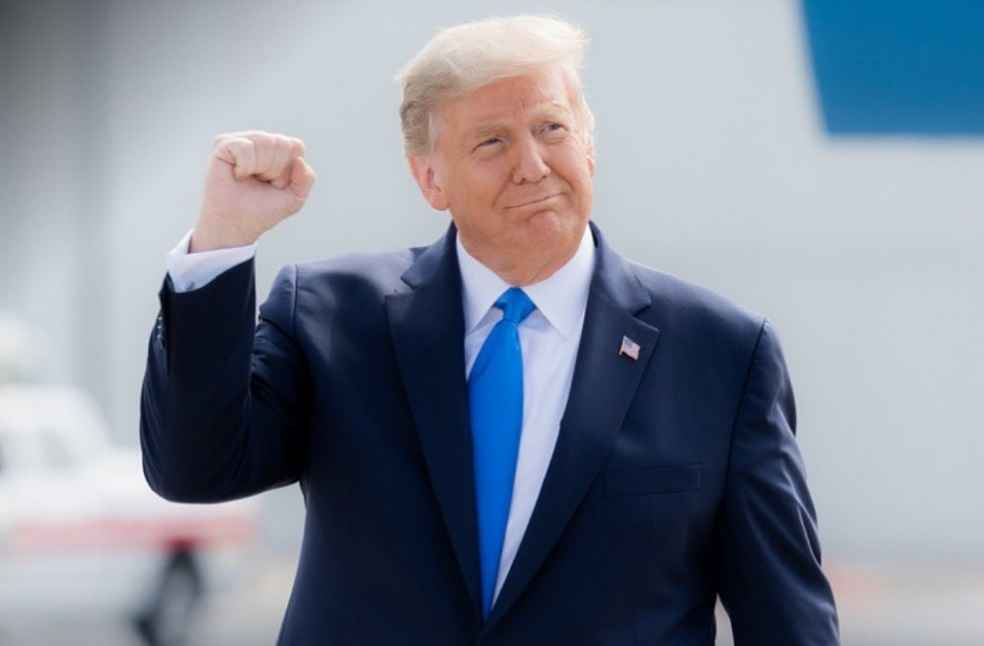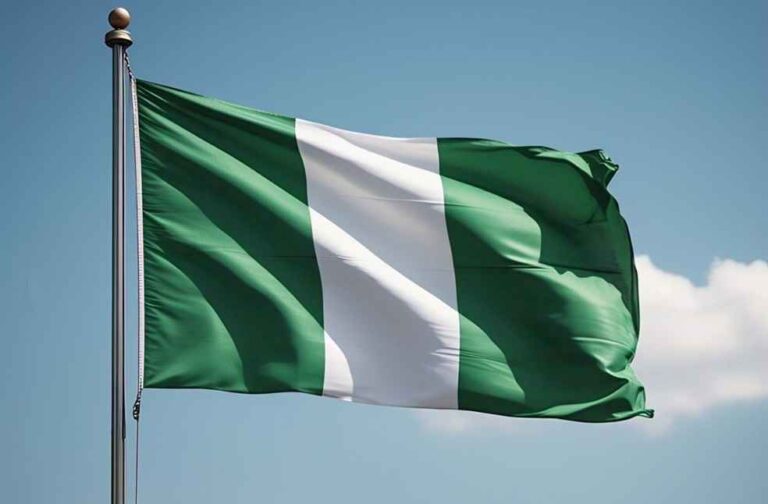Trump imposed a 14% tariff on goods imported from Nigeria as part of a broader strategy called ‘reciprocal tariffs.’ The move comes under a newly declared era of ‘fair trade,’ shifting dramatically away from longstanding global free-trade norms.
The announcement, made during a Rose Garden event titled ‘Liberation Day,’ introduced a baseline 10% tariff on all U.S. imports, along with sharper country-specific tariffs targeting nations that impose higher duties on American goods. According to the Trump administration, Nigeria currently imposes a 27% tariff on U.S. exports, prompting the imposition of a 14% tariff on Nigerian goods in return.
Trump framed the policy as a bold step to revitalize American industry and dismantle what he described as unfair foreign trade practices. “This is one of the most important days in American history,” he said. “We will supercharge our domestic industrial base, we will pry open foreign markets and break down foreign trade barriers.”

The new tariffs take immediate effect and apply to more than 50 countries, impacting major global economies such as China, the European Union, India, and Japan, as well as developing nations in Africa, Asia, and Latin America.
Nigeria, which recorded a total trade volume of N31.1 trillion with the U.S. between 2015 and 2024—comprising N16.4 trillion in exports to the U.S.—will now face major challenges in maintaining its trade momentum under the new tariff regime. U.S. imports from Nigeria make up 8.7% of the country’s global exports, according to the National Bureau of Statistics (NBS).
Other African nations are also affected by the revised tariff policy. Mauritius, for example, which reportedly imposes an 80% tariff on U.S. goods, will face a steep 40% reciprocal tariff. Algeria (59%), Namibia (42%), and Lesotho (99%) have also been listed, with U.S. counter-tariffs ranging from 21% to 50%. Ghana and Ethiopia, which levy 17% and 10%, respectively, will see matching U.S. tariffs of 10%. Kenya, which has a balanced 10% tariff both ways, remains unaffected in terms of increased tariff disparity.

The adjustments may carry various consequences for African economies reliant on U.S. trade benefits, particularly those under the African Growth and Opportunity Act (AGOA). Analysts warn that unless these countries reconsider their tariff policies or negotiate new trade agreements, they risk diminished access to the U.S. market.
Trump’s doctrine of reciprocal tariffs dictates that the U.S. will impose duties equivalent to roughly half the rate applied by the exporting country on American goods. A chart unveiled during the ‘Make America Wealthy Again’ event highlighted countries deemed the most imbalanced in trade terms, including Vietnam, Cambodia, and Bangladesh—each of which will now face tariffs between 37% and 49%.
LATEST NEWS | South Korea Continues Non-Tariff Measures Talks with U.S.



